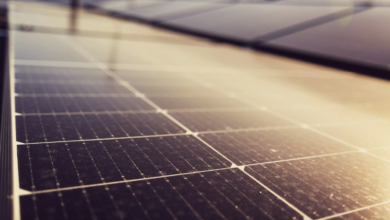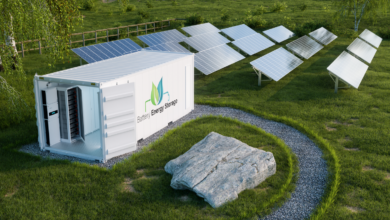How important is international cooperation in the ecological transition?
First annual Breakthrough Agenda Report published, requested by 45 world leaders
(Sustainabilityenvironment) – To achieve full economic decarbonization and ensure a less hot future for the Planet, a more collaborative logic must be adopted. Countries must actively cooperate on technological objectives to advance a collective ecological transition. But above all they must focus on some key areas that can bring energy policies into line with climate commitments. How to hit the target, explains the first Breakthrough Agenda Report, a progress report on actions taken by 45 governments on clean technologies.
At COP 26 on climate, the leaders of these countries committed to making some key solutions of decarbonisation, the most affordable, affordable and financially attractive option, by 2030, in five areas. What? Energy, transport by road, steel, hydrogen and agriculture. Almost a year on, it’s time to draw the first conclusions.
What emerges clearly from the first analysis – edited by the International Energy Agency IEA and the International Renewable Energy Agency IRENA – is that international cooperation in recent years has allowed us to make several steps forward, For example, by increasing sales of electric vehicles, installing record quantities of renewables or reducing electricity generation costs.
Ecological transition: areas for international cooperation
Despite the progress, there is still a long way to go. That’s why the report contains 25 recommendations for leaders to meet shortly at the Global Clean Energy Action Forum. Twenty-five indications on how and where to strengthen international collaboration.
These include:
- Demonstrate and test low carbon flexible energy systems.
- Create new cross-border supergrids by 2030.
- Establish new international centres of expertise to channel funding and technical assistance to support transition in coal-producing countries
- Agree on a common definition and target dates by which all new road vehicles will be zero emissions, with a 2035 target for cars and vans and a 2040 target for heavy vehicles.
- Mobilise investment in charging infrastructure, including priority assistance for developing countries, by harmonising international charging standards.
- Adopt standards to increase battery recyclability and increase research on alternative chemical formulas.
- Undertake government policies and private-sector procurement commitments to stimulate demand and deployment of low-carbon and renewable hydrogen along with standards that enable global trade.
- Sign public and private commitments to purchase steel at near-zero emissions and shares to level the playing field between steel-producing nations.
- Invest in agricultural technologies and practices that reduce livestock and fertiliser emissions, expand the availability of alternative proteins and accelerate the development of climate-resilient crops.
- Adopt international standards for monitoring and reporting the state of the natural resources on which agriculture depends (soil health, carbon content, health of pollinators).
“Through international collaboration – said the Executive Director of the IEA, Fatih Birol – we can make the transition faster, cheaper and easier for everyone, thanks to faster innovation, greater economies of scale, greater investment incentives, Equal conditions and shared benefits in all parts of society. Without this collaboration, the transition to zero net emissions will be much more challenging and could be delayed by decades”.






